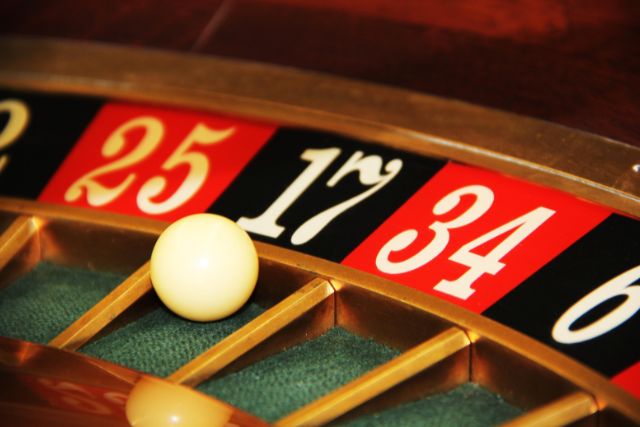Gambling, an ancient activity, remains a widespread pastime in today's society. Despite its enduring popularity, gambling carries inherent risks, which often manifest themselves in deceptive maneuvers. Whether in times gone by or in the digital age, gambling remains one of the oldest known forms of scam, seducing individuals with promises of quick riches and excitement. Indeed, statistics reveal that around 6% of adults who gamble develop serious addictive tendencies, locking them in their grip.
Identifying the Telltale Signs of Gambling Addiction
Casino scams pervade the digital landscape, luring unsuspecting victims with the allure of high payouts and effortless winnings. Yet, beneath the veneer of opportunity lies a perilous trap, consuming the time and resources of those ensnared within its grasp. Studies illuminate the susceptibility of individuals lacking in self-control, emphasizing the importance of recognizing and addressing potential gambling problems promptly.
Here are crucial questions to discern if one may be grappling with gambling addiction:
Gamblers who escape, mainly women in their thirties or older, often resort to gambling as a coping mechanism for emotional distress. Fortunately, early intervention can reduce these addictive tendencies within three to six months.
Here are crucial questions to discern if one may be grappling with gambling addiction:
- Do losses evoke feelings of regret or resentment?Is there an insatiable desire to chase further winnings after a successful bet?
- Do losses compel an immediate return to gambling?
- Does gambling consume excessive amounts of time beyond initial intentions?
- Is gambling utilized as a means to escape from personal problems?
- Are familial relationships strained due to excessive gambling?
- Does gambling persist despite financial constraints?
- Do financial obligations necessitate borrowing from friends or associates to sustain gambling habits?
Confronting the Ravages of Gambling Addiction
The consequences of gambling addiction go far beyond financial loss, jeopardizing family relationships and personal well-being. While some people seek gambling as an escape from emotional distress or boredom, others succumb to the lure of adrenaline, as with drugs. However, unlike temporary escapes, the consequences of gambling addiction are persistent and have a profound impact on players' mental and emotional health.Gamblers who escape, mainly women in their thirties or older, often resort to gambling as a coping mechanism for emotional distress. Fortunately, early intervention can reduce these addictive tendencies within three to six months.
|
🎮 GET YOUR FREE PLAYSTATION 5 NOW! CLICK HERE FOR YOUR CHANCE TO SCORE THE ULTIMATE GAMING EXPERIENCE! |
Wrestling with the Grip of Compulsive Gambling
On the other hand, action gamblers - mainly men - face a more formidable opponent in their fight against addiction. Driven by a drug-like euphoria, these individuals vigorously deny the seriousness of their addiction, perpetuating a cycle of self-destructive behavior until faced with financial ruin.Navigating the temptations of online gambling
Despite the prevalence of scams and the risks inherent in gambling, the lure of quick riches and euphoria continues to seduce gamblers. Whether online or offline, the siren song of gambling exerts an irresistible pull, trapping unsuspecting victims in its web of deceit.
Despite the prevalence of scams and the risks inherent in gambling, the lure of quick riches and euphoria continues to seduce gamblers. Whether online or offline, the siren song of gambling exerts an irresistible pull, trapping unsuspecting victims in its web of deceit.








